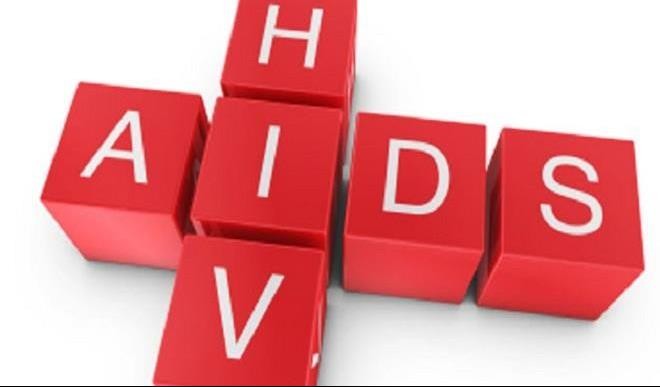The 10th IAS Conference on HIV Science (IAS 2019), kicked off in Mexico with global experts calling for urgent action to address the health needs of millions of people affected by humanitarian crises.
More than 5,000 participants from 140 countries have gathered in Mexico City for the conference organized by the International AIDS Society (IAS). The experts brainstormed on the challenges bedeviling the global HIV response such as challenges threatening the roll out of universal healthcare to all people, migration , conflict and the difficulties of reaching specific populations, including women and girls and people who inject drugs.
More than 135 million people around the world are in need of humanitarian assistance mostly due to conflict, with natural disasters driving the need for emergency assistance.
President of the International AIDS Society (IAS) and International Scientific Chair of IAS 2019, Anton Pozniak, said people in emergency settings were especially vulnerable to new infections , adding that there was need to ensure that HIV prevention and treatment were an integral part of global relief efforts.
He said: “From Syria to Venezuela, the challenge of providing HIV services in humanitarian crises threatens global progress in confronting the epidemic.”
Quarraisha Abdool Karim, Columbia University Professor and Centre for the AIDS Programme of Research in South Africa (CAPRISA) Associate Scientific Director, said crises and emergency settings put women and girls at increased risk of violence and heightened risk of both HIV and unintended pregnancy.
“Any successful HIV programme should cover comprehensive care, including family planning and pregnancy prevention,” she added.
UNAIDS estimates that in sub-Saharan Africa, three in five new HIV infections among 15–19-year-old girls.

 Join Daily Trust WhatsApp Community For Quick Access To News and Happenings Around You.
Join Daily Trust WhatsApp Community For Quick Access To News and Happenings Around You.


